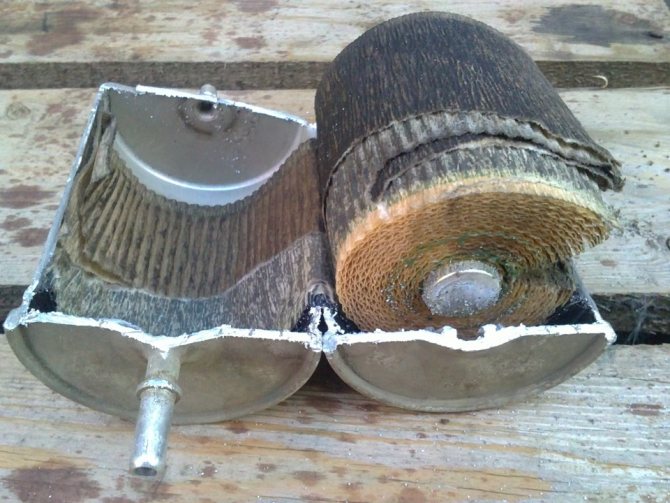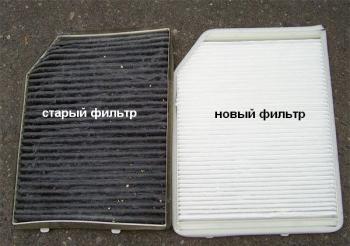
Symptoms of a Bad or Failing Fuel Filter
Content
If your car is hard to start, has trouble running the engine, or has a Check Engine light on, you may need to replace the fuel filter.
Fuel filters are a common service component that can be found on almost all vehicles equipped with internal combustion engines. Their purpose is to filter out any particles that may be present in the fuel, preventing them from entering the vehicle's fuel system, such as its fuel injectors and fuel lines, and potentially damaging them or the engine. As is the case with most automotive filters, over time a fuel filter can become excessively dirty - to the point where it can no longer effectively filter out particles or even restrict flow. Usually, a bad fuel filter causes any of the following 4 symptoms, which can alert the driver to a problem with the vehicle.
1. The car does not start well
One of the first symptoms usually associated with a bad or defective fuel filter is difficult starting. A dirty fuel filter can restrict the flow in the fuel system, or at the very least make it unstable, which can make it hard to start the car. This is more likely if the filter on the car has never been changed.
2. Problems with engine operation
Other signs of a bad fuel filter fall into the category of engine performance problems. Sometimes the fuel filter can become clogged to the point where engine performance is adversely affected. A severely dirty or clogged fuel filter can cause a number of vehicle engine problems:
Misfires or fluctuations: At higher loads, a clogged fuel filter can cause random engine vibrations or misfiring. This happens when particles clog the filter and deplete the fuel supply to the engine. It's more noticeable when accelerating. The engine may also shake or stall at different RPMs as the amount of fuel changes due to a dirty filter.
Delay: If a clogged fuel filter is left on for too long, it can eventually cause the engine to stall as ideal fuel consumption decreases. Additional load and heavy loads on the engine may cause the engine to stop, or if you put your attention to earlier warning signs, the engine may stall shortly after starting the vehicle.
Power and acceleration reduction: A general lack of engine power, especially noticeable during acceleration, can be caused by a dirty fuel filter. The engine computer eventually limits the power output to protect the engine from potentially harmful particles. The vehicle may feel sluggish or even go into emergency mode and the Check Engine light will come on.
3. The Check Engine light comes on
Fuel filter problems can also cause the Check Engine light to come on. Some vehicles are equipped with fuel pressure sensors that monitor the pressure in the entire fuel system. A clogged fuel filter can cause low pressure, causing the Check Engine light to come on to alert the driver if this is detected by the sensor. The Check Engine light can be caused by a wide variety of problems, so it is highly recommended that you scan your computer for trouble codes.
4. Damaged fuel pump
If you notice damage to the fuel pump, it could be caused by a clogged fuel filter. A clogged fuel filter puts too much pressure on the fuel pump and prevents the proper amount of fuel from getting from the fuel tank to the engine.
Most fuel filters are relatively inexpensive and easy to replace. If you suspect your vehicle's fuel filter needs to be replaced, have a professional technician inspect your vehicle to determine if the component should be replaced.
